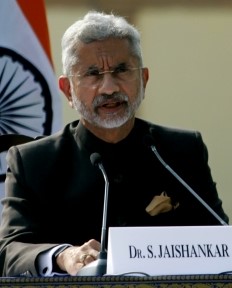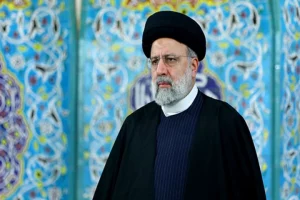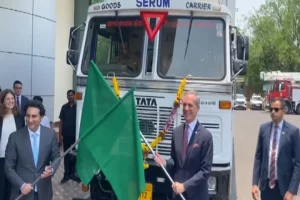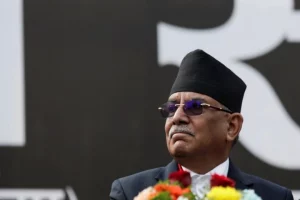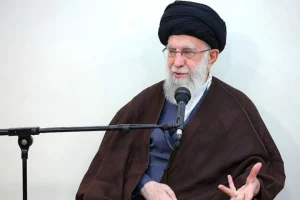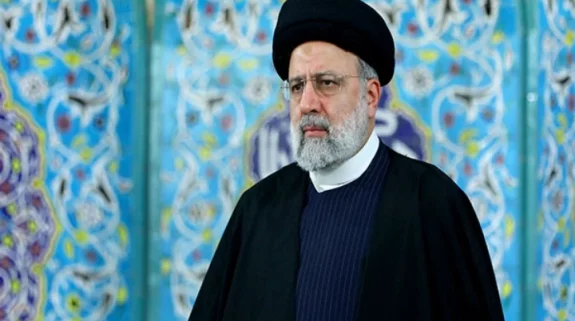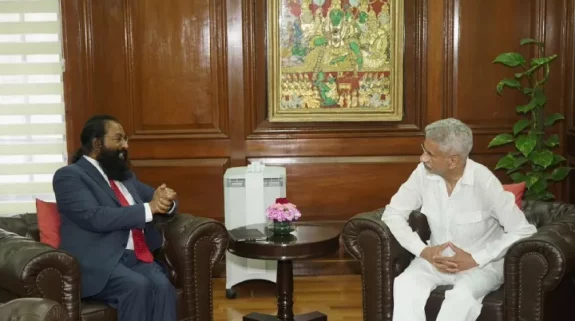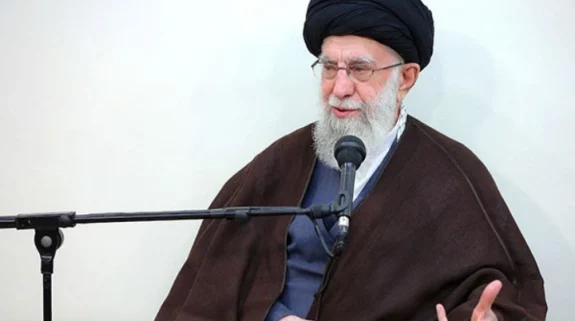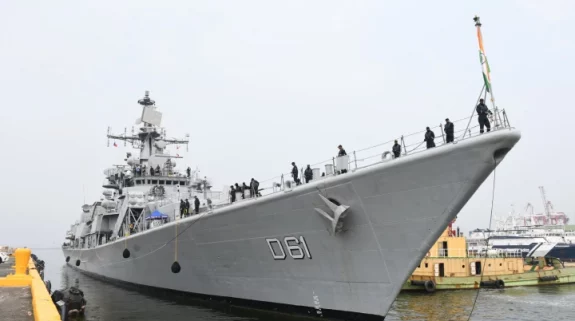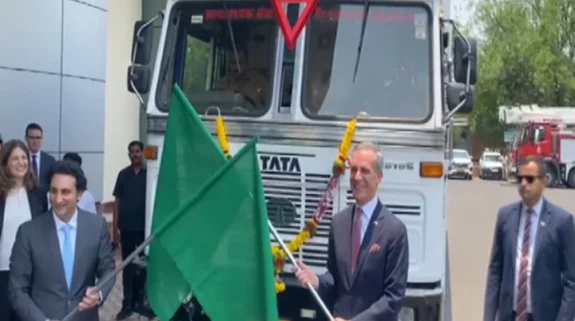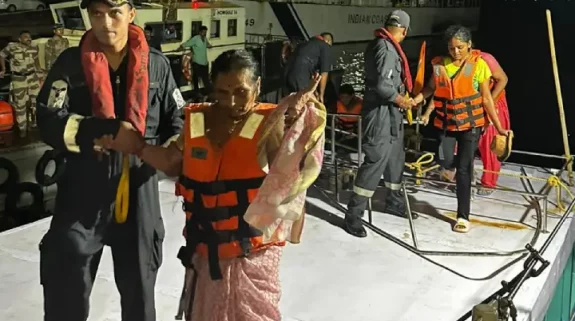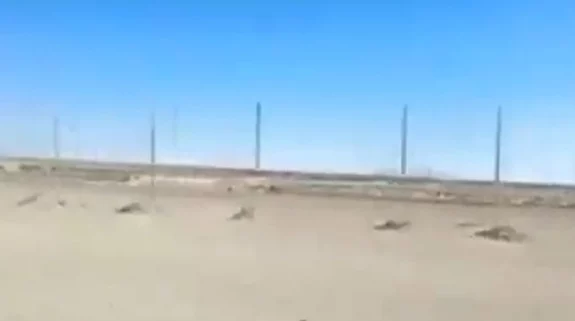India has told China that complete pullback of its forces from remaining friction points in eastern Ladakh to pave the way for broader de-escalation and restoration of the peace and tranquillity in the area is a must to revive frozen ties.
During a conversation with China’s state councillor and foreign minister Wang Yi on Thursday, External Affairs Minister (EAM) S. Jaishankar laid out a three-step road-map for restoring peace in Ladakh, involving disengagement, de-escalation as the intermediary measures.
“The EAM said that once disengagement is completed at all friction points, then the two sides could also look at broader de-escalation of troops in the area and work towards the restoration of peace and tranquility.”
While there has been a pullback of forces in Pangong lake area has been completed, disengagement is yet to take place from Goghra, Hot Springs and Depsang plains in eastern Ladakh. Indian and People’s Liberation Army (PLA) troops had been engaged in a tense standoff since April, which has somewhat eased after the pullback of forces from the north and south banks of Pangong lake.
Contrary to Jaishankar’s focus on the borders, the Chinese side appeared to divert attention to other areas that bedevil India-China relations, implying that India should now move on, accept a business- as- usual attitude, even though, only a patchy disengagement at the borders has so far been achieved.
Wang was quoted as saying in a statement on his conversation with Jaishankar that border disputes are an objective reality and should be given sufficient attention and taken seriously. However, border issues are not the whole of China-India relations and should be placed in an appropriate position in bilateral relations.
The statement quoted Wang as saying that the recent disengagement of frontline Chinese and Indian troops in the Pangong Lake area had clearly eased the situation on the ground.
The MEA statement on the conversation showed that Jaishankar made it a point to press home the view that going beyond disengagement, complete restoration and maintenance of peace and tranquility at the borders was inescapable to revive ties. “The EAM noted that the bilateral relations have been impacted severely over last year. EAM said that Boundary Question may take time to resolve but disturbance of peace and tranquillity including by violence, will inevitably have a damaging impact on the relationship.”
After the June 15 Galwan valley clash in eastern Ladakh, India has made it plain that the peace and tranquility on the borders and a broader economic engagement between the two countries cannot be de-coupled. Consequently, India has banned a bevy of Chinese apps including WeChat, Titoki among others, and has placed Chinese investments into India under the scanner. India has also demonstrated its preference for new supply chains that exclude made-in-China inputs.
EAM referred to the meeting with Chinese Foreign Minister in September 2020 in Moscow where Indian side had expressed its concern on provocative behaviour and unilateral attempts of Chinese side to alter status quo.
Jaishankar repeated India’s commitment to uninterrupted talks with China, noting that “the two sides had maintained continuous communication since then (after the April 2020 standoff) through both the diplomatic and military channels”. “This had led to progress as both sides had successfully disengaged in the Pangong Tso Lake area earlier this month.”






